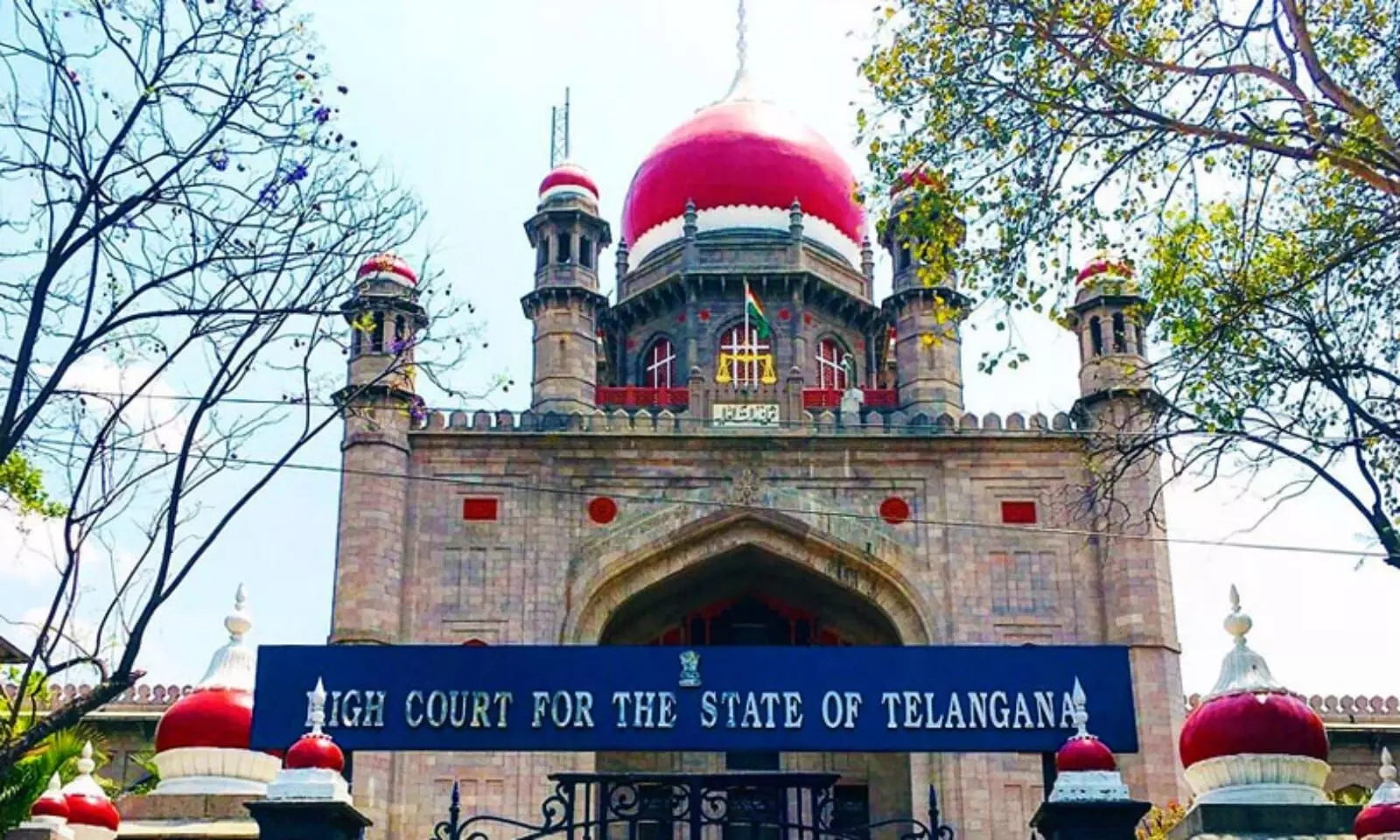GO 84: Telangana HC issues notice to CS, others over tweaking land regularisation rules
The GO grants full exemption from stamp duty and penalty on all properties constructed within the area of 125 Square Yards or below, thereby depriving the state exchequer of the required revenue
By Newsmeter Network
Telangana High Court has issued notice to the Chief Secretary, Principal Secretary, Revenue (Registration-I) Department, Principal Secretary, Municipal Administration and Urban Development, Commissioner & Director of Municipal Administration after petitioners demanding suspension of GO that allows regularising sale transactions by notary attestation.
A division bench of Chief Justice Alok Aradhe and Justice T. Vinod Kumar asked the government to respond within 4 weeks to the notices. The court also asked the government to furnish reasons for issuing GO. Ms.No. 84 regularising sale transactions executed by way of “unregistered documents with attestation of a notary” in respect of nonagricultural urban properties in the state. It includes Prohibited Properties under Section 22A of the Registration Act, 1908.
The Court was adjudicating the Public Interest Litigation filed by the Bhagyanagar Citizens Welfare Association, Hyderabad, and another seeking a direction to suspend GO.Ms.No. 84 issued by the Chief Secretary, regularising sale transactions executed by way of “unregistered documents with attestation of a notary.”
The counsel for the petitioner informed the Court that this relaxation extended by the State Government paves the way for unscrupulous individuals, who obtained properties through unlawful means. He said such an act would hit the innocent people, who had purchased lands by investing their hard-earned money.
The GO grants full exemption from stamp duty and penalty on all properties constructed within the area of 125 Square Yards or below, thereby depriving the state exchequer of the required revenue.
Transfer of Property Act, 1882, Registration Act,1908, and the Indian Stamp Act, 1999 establish that a transfer of immovable property by way of sale can only be made by way of a sale deed or deed of conveyance, which is duly stamped and registered within a period of four plus four months, only from the date of execution. But the GO has come up with regularising sale transactions executed by way of unregistered documents in sheer violation of the Central Legislations cited.
Transfer of Property Act, 1882, Registration Act,1908, and the Indian Stamp Act, 1999 are Central Legislations and GO.No. 84 issued by the Chief Secretary, effectively overrides the provisions of the Central Acts and it exceeds the authority delegated to the state government.
The counsel said the Chief Secretary does not have the authority to amend or issue directions contrary to the TPA Act, Registration Act, and the Indian Stamp Act, 1999 through the GO, contends the petitioners., contends the petitioner.